RAID 5 Configuration
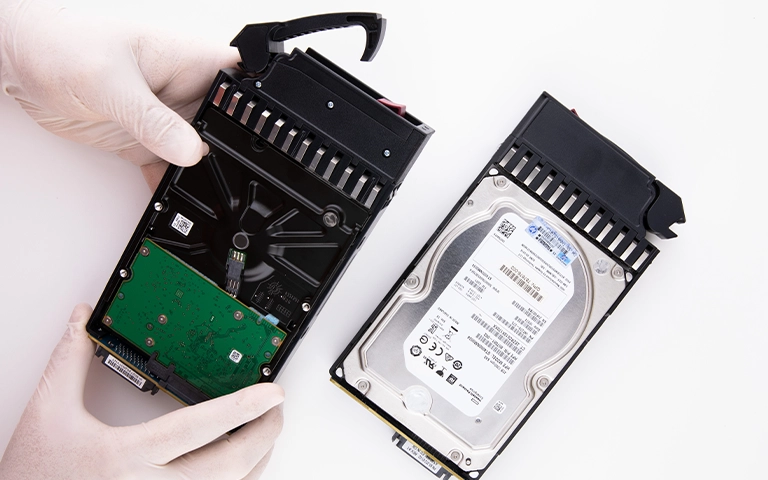
RAID 5 data recovery is a specialist process aimed at restoring lost or damaged data from RAID 5 arrays. These arrays are popular due to their balance of reliability and performance. RAID 5 works by distributing data and parity information across multiple drives, allowing for the reconstruction of lost data from a failed drive while maintaining system integrity.
However, the failure of a single disk can compromise array stability, and if not addressed promptly, may result in further damage. This makes data recovery essential to restore full system functionality.
A secure RAID 5 recovery strategy is vital for both businesses and individuals relying on this configuration. Despite its fault tolerance—thanks to distributed parity capable of handling one drive failure—RAID 5 remains susceptible to issues such as simultaneous disk failures, controller faults, or user errors.
Effective data protection requires regular health monitoring of the array, proactive analysis for signs of disk failure, and prompt replacement of failing drives.
RAID 5 Failures and Data Loss
RAID 5 arrays offer a layer of protection that enables data recovery when a single drive fails. However, there are still scenarios that can result in data loss, such as simultaneous failure of two drives, accidental file deletion, or malware infection. Below are the recommended steps for recovering data from a RAID 5 array:
Check the RAID controller for error messages to determine whether the issue is due to a failed drive, file system corruption, or accidental deletion.
If a drive has failed, replace it with a new one of equal or greater capacity to begin the recovery process.
In many cases, the RAID controller will automatically begin rebuilding the array after the new drive is installed. However, manual initiation may be required in some situations.
If the issue persists or involves complex data loss, it is best to consult a professional data recovery service with the expertise and tools needed to handle RAID 5 systems securely and effectively.
Recovering Data from RAID 5
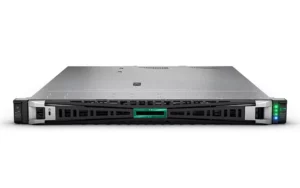
Recovering data from RAID 5 arrays is a highly intricate process that requires a deep understanding of the specific nature of the data loss and the careful execution of appropriate recovery steps. The process typically begins with a thorough assessment of the issue, whether it stems from a single drive failure, file system corruption, or accidental data deletion.
In cases of severe data loss or when standard recovery methods are ineffective, engaging professional data recovery services is strongly recommended. These specialists possess advanced tools, proven techniques, and extensive experience, significantly improving the chances of a successful recovery. Their involvement offers reassurance and a reliable path to restoring critical data with minimal disruption.
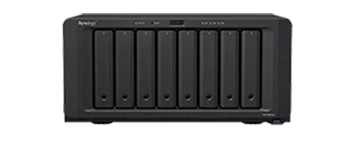
If you need to recover data from a failed RAID 0 array, our experts provide fast, reliable recovery services.
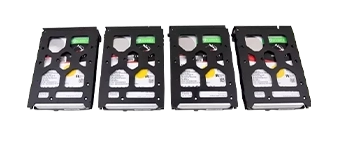
For failed RAID 1 arrays, our team delivers prompt and dependable recovery to retrieve your critical data.
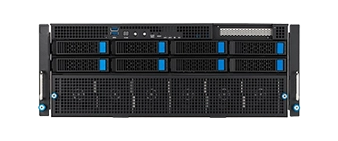
If your RAID 5 array has failed, contact our professionals for trusted recovery services tailored to your situation.
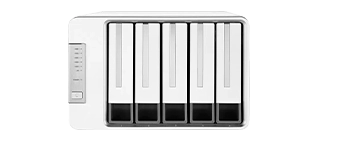
Our specialists provide secure and efficient recovery for failed RAID 6 arrays, helping you restore valuable data with confidence.
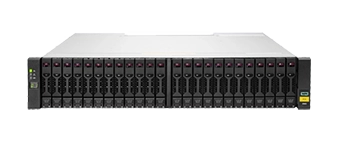
Need recovery from a failed RAID 10 array? Our team offers reliable, rapid services to get your data back.
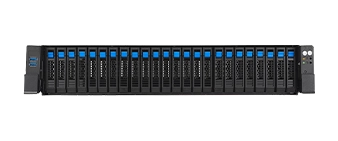
For RAID 50 failures, our professionals deliver expert recovery services with a focus on security and reliability.
RAID 5 Emergency Recovery
If you’ve experienced data loss from a RAID 5 array, the first step is to power down the system immediately and contact our team of experts at RAID Recovery Services. Our skilled technicians are available 24/7 to support and guide you through the recovery process. Attempting recovery yourself may cause further damage and complicate successful data restoration.
24/7 Rapid Response
Immediate dispatch of certified engineers—365 days a year—for prompt RAID 5 data recovery and minimal downtime.
Secure & Compliant
All work is carried out in secure, ISO-certified laboratories with AES-256 encryption and comprehensive reporting to meet industry regulations.
Advanced RAID Reconstruction
We utilise advanced diagnostics and virtual RAID tools to rebuild your array and recover files safely.
